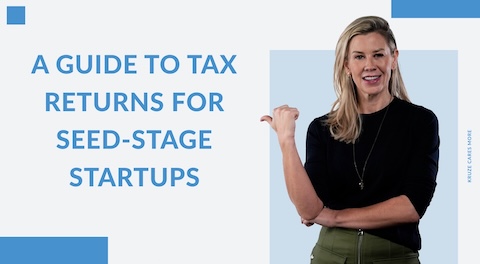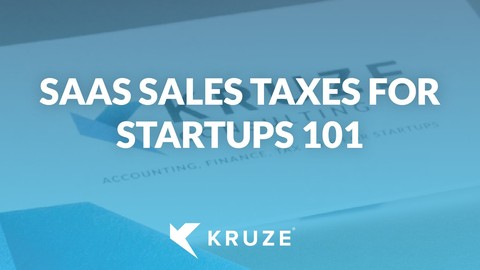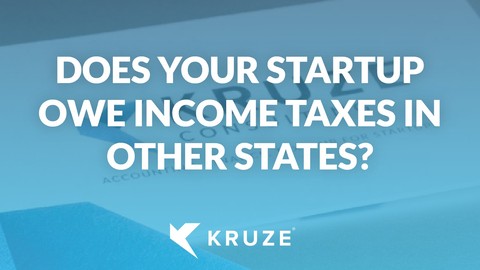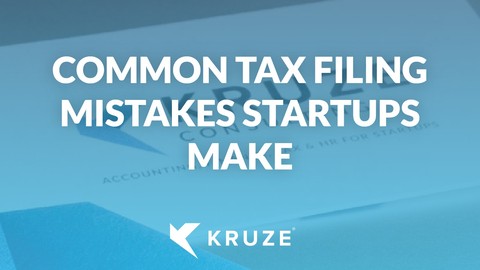
Some startups may be able to qualify for a sales tax exemption in Massachusetts if they purchase tangible personal property that’s used exclusively for research and development. The exemption applies to R&D or manufacturing corporations, and qualified startups can claim the exemption for materials, fuel, tools, machinery, and replacement parts used directly for research and development.
What companies are eligible for the Massachusetts R&D sales tax exemption?
The two categories of companies eligible for the sales tax exemption are R&D and manufacturing companies. For R&D companies there are four requirements:
- The company must be a domestic or foreign corporation.
- The company must conduct research and development in Massachusetts.
- The company’s principal activity in Massachusetts must be research and development.
- To claim the exemption, the company must meet either a receipts or an expenditures test.
Manufacturing corporations are defined by Massachusetts as companies that transform raw or finished materials into a product possessing a new name and use. The Commissioner of Revenue of the Commonwealth of Massachusetts determines which companies can be classified as manufacturers.
What qualifies as R&D?
Massachusetts defines research and development as experimental or laboratory activities that are intended to:
- Develop new products.
- Improve existing products.
- Develop new uses for existing products.
- Improve producing methods for existing products.
Research and development may also include activities conducted by contract research organizations that are necessary to bring a product to market. R&D is complete when the product, process, technique, formula, invention, or software can be reproduced for commercial use or sale.
How is principal activity defined?
To determine if your company’s principal activity is R&D, corporations must have a clear majority of Massachusetts-based employees engaged in R&D activities in Massachusetts. That’s an important distinction – the R&D activity is relative to other Massachusetts activities, not activities everywhere.
For example, Company A may have 10 sales representatives in Massachusetts and four R&D staff, with 25 R&D staff in another state. Company A would not qualify for the exemption, since four R&D employees out of 14 are not a clear majority within Massachusetts. The other 25 R&D employees are not relevant to the calculation. Company B might have 10 R&D staff and four salespeople in Massachusetts. Company B would qualify for the exemption, regardless of the number of R&D employees located in other states.
Qualifying under receipts or expenditures tests
To qualify for the exemption under the receipts test, more than two-thirds of your corporation’s gross revenue in Massachusetts has to be derived from R&D during the tax year. For the expenditures test, more than two-thirds of the corporation’s expenditures in Massachusetts have to be allocated to R&D during the tax year. For both revenue and expenditures, your corporation must use the same tax year and accounting methods that you use for federal income tax purposes.
Find out more about Massachusetts’ R&D sales tax exemption
To take advantage of the sales tax exemption in Massachusetts, you’ll need to complete Massachusetts Department of Revenue Form ST-12 and present it to the vendor at the time of purchase. Even if your startup is new, you may still qualify for the sales tax exemption. A corporation that didn’t exist last year can use reasonable projections of its first-year business activities to qualify for the exemption. Reviewing your company’s exemption qualifications can be complex. If you would like Kruze Consulting to help your startup evaluate your eligibility for the sales tax exemption, contact us today.
CALIFORNIA SALES TAX PARTIAL EXEMPTION
Some biotech and manufacturing startups can save almost four percent on sales and use tax for qualified purchases in California.












